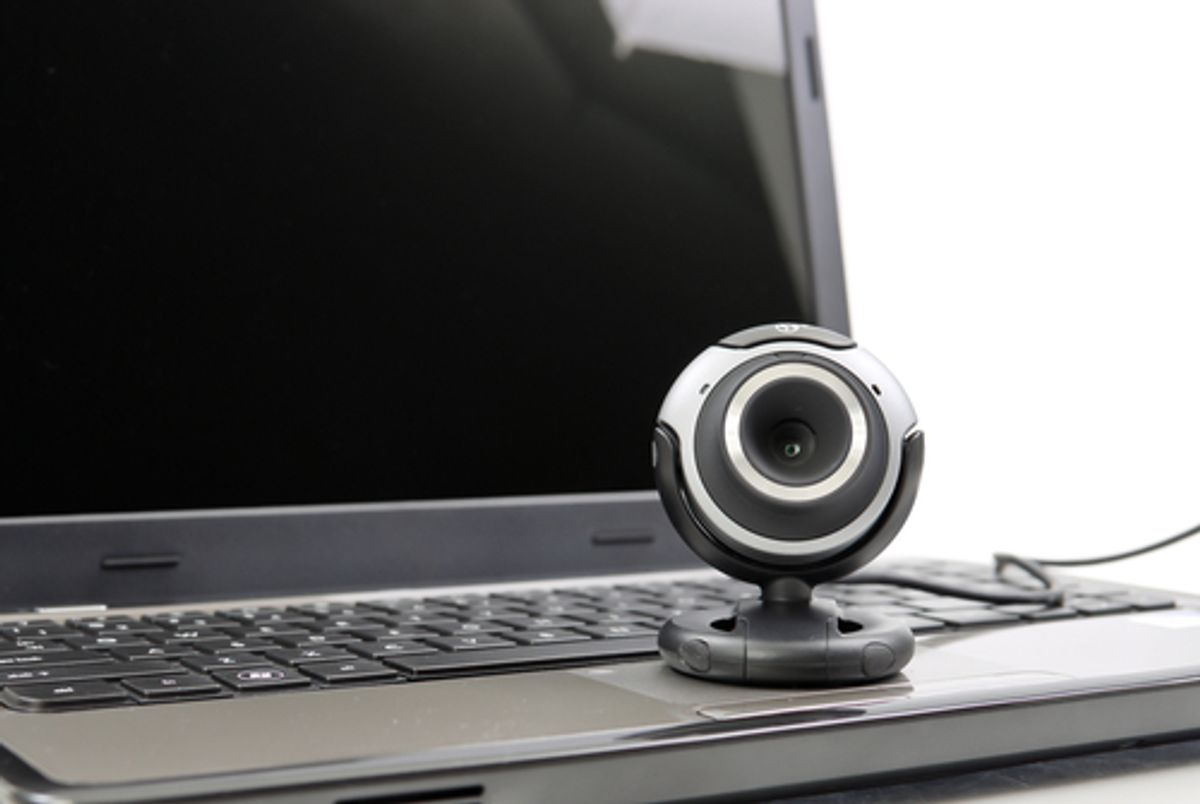The latest revelation pertaining to mass surveillance aligns with long-held popular paranoia about the use of webcams as devices for spying on the public. According to documents leaked by whistle-blower Edward Snowden, British spy agency GCHQ, with the help of the NSA, collected in bulk images from webcams without user knowledge and without grounds for suspicion.
The Guardian reported:
GCHQ files dating between 2008 and 2010 explicitly state that a surveillance program codenamed Optic Nerve collected still images of Yahoo webcam chats in bulk and saved them to agency databases, regardless of whether individual users were an intelligence target or not.
In one six-month period in 2008 alone, the agency collected webcam imagery – including substantial quantities of sexually explicit communications – from more than 1.8 million Yahoo user accounts globally.
Yahoo reacted furiously to the webcam interception when approached by the Guardian. The company denied any prior knowledge of the program, accusing the agencies of "a whole new level of violation of our users' privacy".
Highlighting the extent of the privacy abrogations potentially entailed by the Optic Nerve, GCHQ reportedly has to struggle to keep sexually explicit images caught in the program away from staff eyes:
The documents also chronicle GCHQ's sustained struggle to keep the large store of sexually explicit imagery collected by Optic Nerve away from the eyes of its staff, though there is little discussion about the privacy implications of storing this material in the first place.
According to the Guardian, Yahoo reacted with shock and anger at the revelation. Civil liberties defenders have also stressed that the Optic Nerve program constitutes a profound violation of privacy and reflects the troubling state of totalized surveillance constitutive of our time. “This is a truly shocking revelation that underscores the importance of the debate on privacy now taking place and the reforms being considered,” said Alex Abdo, staff attorney with the American Civil Liberties Union’s National Security Project. “In a world in which there is no technological barrier to pervasive surveillance, the scope of the government’s surveillance activities must be decided by the public, not secretive spy agencies interpreting secret legal authorities. This report also raises troubling questions about the NSA’s complicity in what is a massive and unprecedented violation of privacy. We need to know more about what the NSA knew, and what role it played.”



Shares